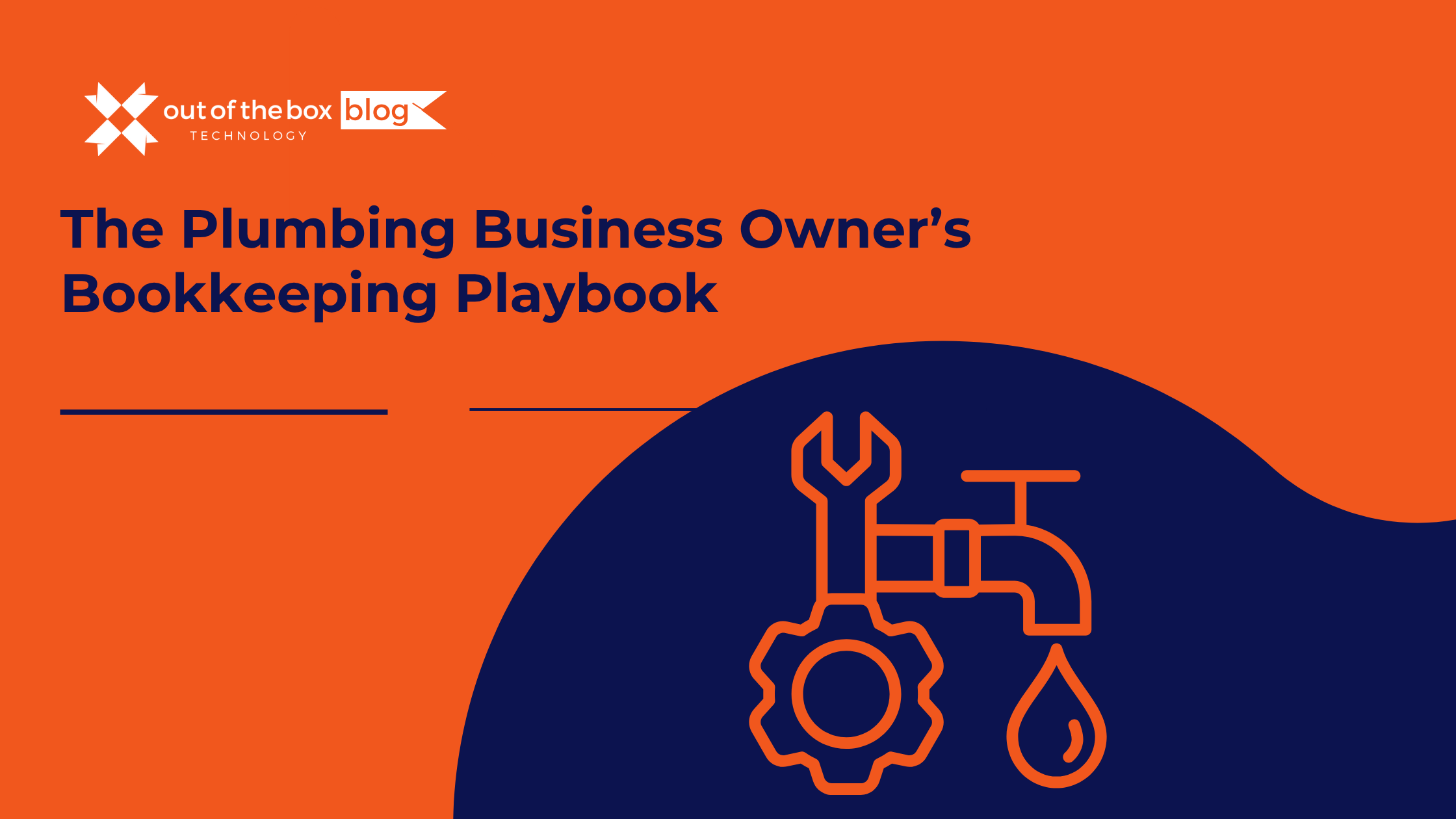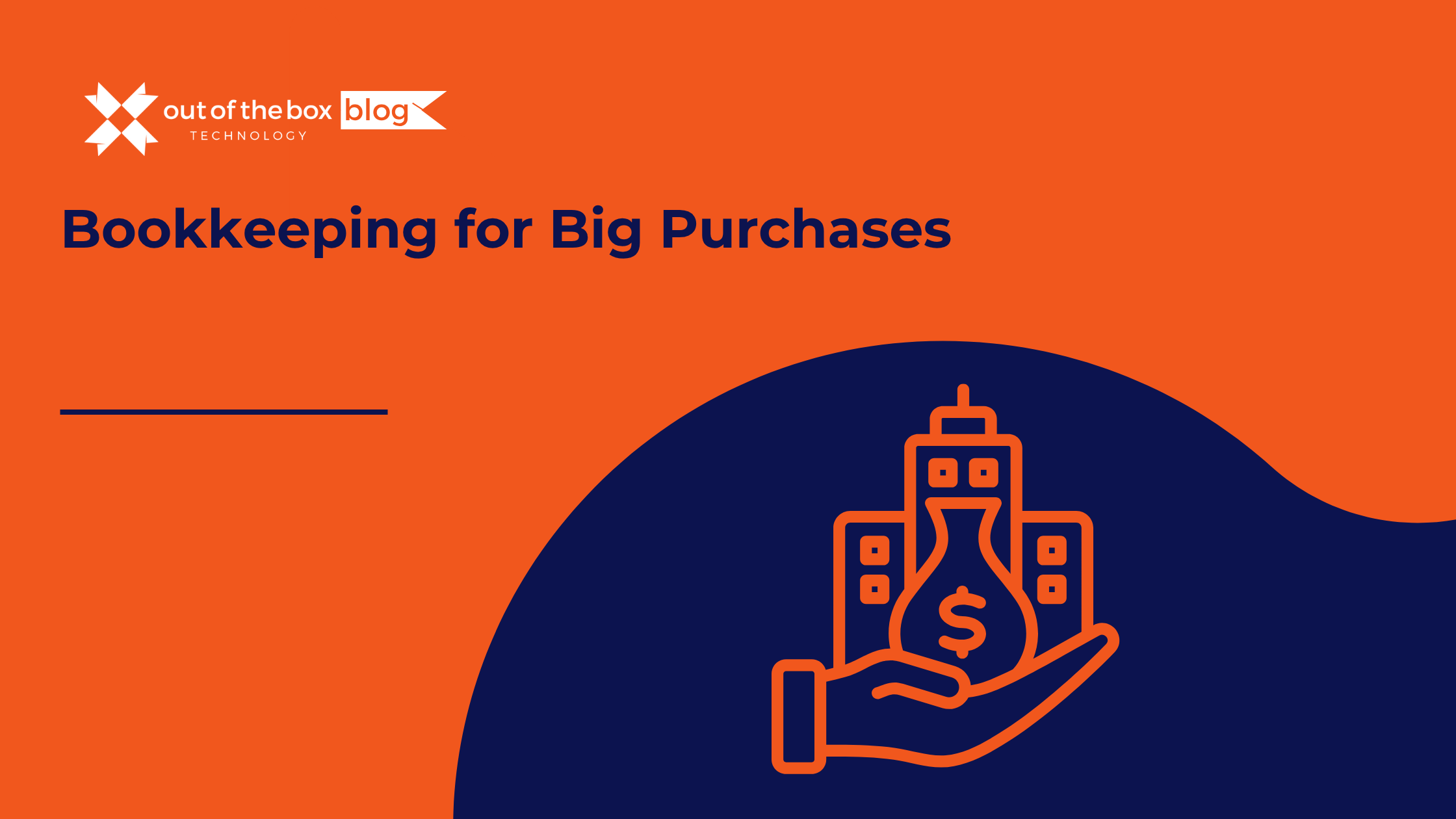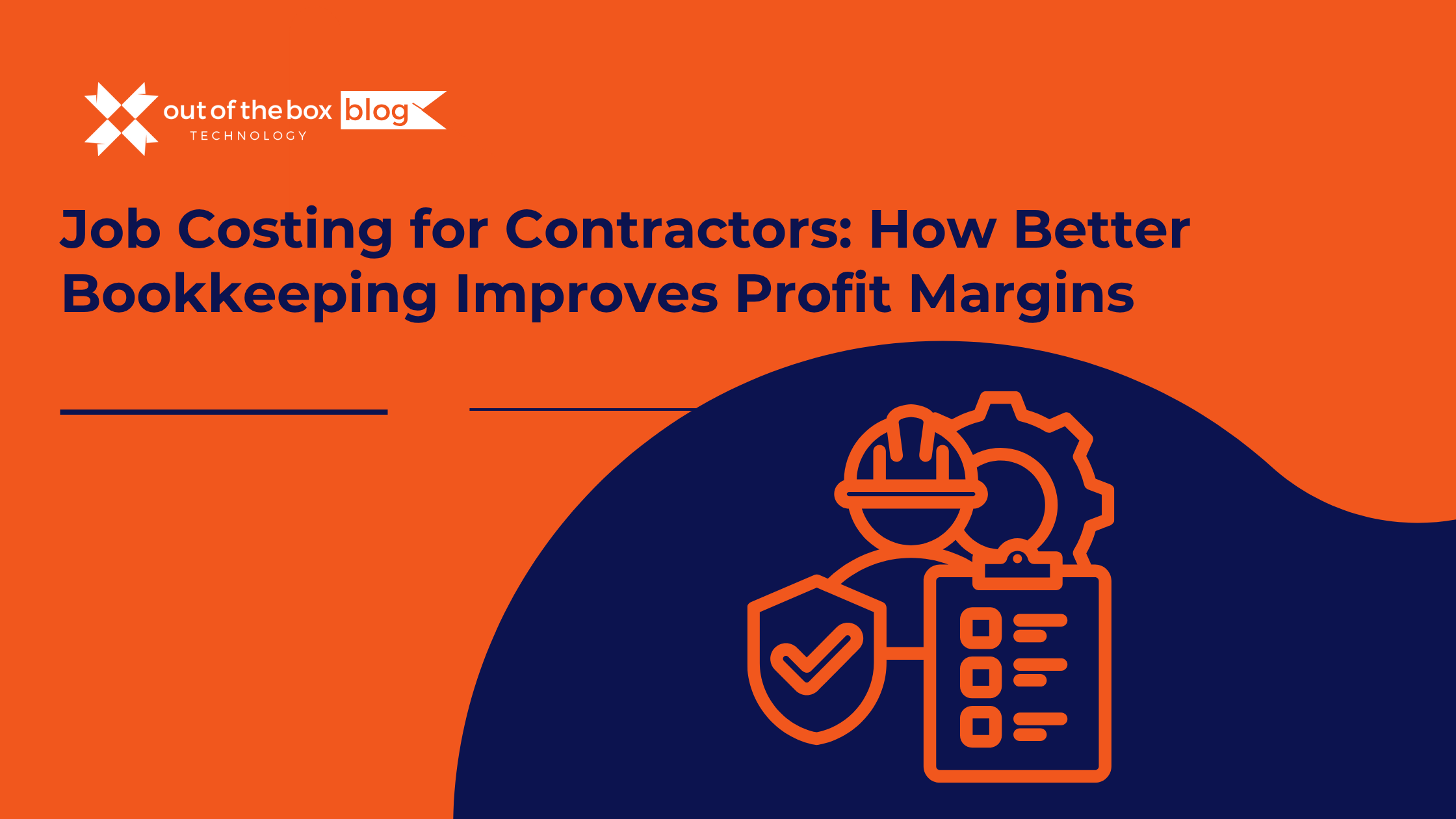Why Equipment Financing Can Wreck Your Books (If You’re Not Careful)
Whether you’re running a landscaping company, HVAC firm, construction outfit, or manufacturing shop, big equipment purchases are inevitable—and expensive. From trucks and trailers to compressors, loaders, and CNC machines, these assets often require financing, multiple vendors, and complex accounting entries.
And here’s the catch: If you don’t book these purchases correctly, your financials can quickly become inaccurate.
Poorly tracked equipment purchases can lead to:
-
Misstated profit and loss reports
-
Inaccurate cash flow projections
-
IRS audits or tax issues
-
Missed deductions on depreciation
-
Confusion between asset value and loan balances
In this guide, we break down how to track equipment financing the right way using proper bookkeeping methods. Whether you’re using QuickBooks, Xero, or another accounting platform, this article will help you ensure your books reflect the real financial picture.
Table of Contents
-
Why Equipment Financing Is Harder Than It Looks
-
Key Accounts You Need to Set Up
-
How to Book a Financed Equipment Purchase (Step-by-Step)
-
Example: Booking a $50,000 Truck Purchase
-
How to Track Equipment Loans and Payments
-
Depreciation: What You Must Know
-
Tax Considerations for Financed Equipment
-
How to Automate and Stay Audit-Ready
-
FAQs
-
Final Thoughts
1. Why Equipment Financing Is Harder Than It Looks
When you finance equipment, you’re not just making a purchase—you’re entering into a long-term liability that spans multiple years and affects cash flow, tax deductions, and asset values. Yet many business owners make one of these mistakes:
-
Booking the entire purchase price as an expense
→ This inflates expenses and understates profits
-
Not tracking the loan separately
→ This makes it unclear what’s still owed vs. what’s owned
-
Ignoring depreciation
→ You may miss tax benefits or violate accounting standards
-
Using the wrong expense category
→ Leads to confusion in financial reports or misalignment with your CPA
A study from the National Federation of Independent Business (NFIB) found that nearly 40% of small business owners lack clear guidance on booking capital equipment, especially if purchased via financing.
2. Key Accounts You Need to Set Up
Before you make the purchase, your chart of accounts should include:
| Account Name |
Type |
Purpose |
| Equipment or Machinery |
Fixed Asset |
Records the value of the purchased item |
| Equipment Loan |
Long-Term Liability |
Tracks the financing owed to the lender |
| Interest Expense |
Expense |
Separates interest payments from principal |
| Depreciation Expense |
Expense |
Tracks yearly depreciation |
| Accumulated Depreciation |
Contra Asset |
Offsets asset value over time |
| Loan Payable – Current |
Current Liability |
Reflects the portion due in the next 12 months |
You can add these accounts manually or consult your bookkeeper or accountant to set them up accurately in QuickBooks or other software.
3. How to Book a Financed Equipment Purchase (Step-by-Step)
Here’s a simplified, step-by-step guide:
Step 1: Record the Full Equipment Purchase
Even if you didn’t pay in full, book the total cost of the equipment as a fixed asset.
-
Debit: Equipment (Asset) → $50,000
-
Credit: Equipment Loan (Liability) → $50,000
Step 2: Record the Down Payment (If Any)
-
Debit: Equipment Loan → $10,000
-
Credit: Bank or Cash → $10,000
Now your liability reflects the remaining amount financed.
Step 3: Record Monthly Loan Payments
Each monthly payment includes principal + interest. Split it like this:
-
Debit: Equipment Loan → $800 (principal portion)
-
Debit: Interest Expense → $200 (interest portion)
-
Credit: Bank → $1,000 (total payment)
Step 4: Record Depreciation Monthly or Annually
-
Debit: Depreciation Expense → $833.33
-
Credit: Accumulated Depreciation → $833.33
(Based on a 5-year straight-line depreciation schedule for $50,000)
4. Example: Booking a $50,000 Truck Purchase
Let’s say you buy a $50,000 service truck with:
Initial Entry:
-
Equipment (Asset) → $50,000
-
Equipment Loan (Liability) → $50,000
Down Payment:
-
Debit: Loan → $10,000
-
Credit: Bank → $10,000
Monthly Payment ($773):
Depreciation (Straight Line over 5 years):
5. How to Track Equipment Loans and Payments
Use a Loan Amortization Schedule
This shows each payment’s breakdown between interest and principal. You can generate one in Excel or use accounting software tools.
Reconcile Monthly
Match actual payments to your schedule. Adjust for fees, prepayments, or skipped payments.
Monitor Interest Expense
Keep interest separate from the asset value—it’s a cost of borrowing, not an investment.
6. Depreciation: What You Must Know
Depreciation spreads the cost of an asset over its useful life, giving you a tax deduction each year instead of all at once.
Common Depreciation Methods:
-
Straight Line: Equal amount each year
-
MACRS (Modified Accelerated Cost Recovery System): IRS-approved accelerated method
-
Section 179: Deduct up to $1,220,000 of eligible equipment purchases in 2024
IRS Equipment Life Categories:
Accumulated Depreciation
This is a contra-asset account that reduces the equipment’s book value over time. On your balance sheet:
-
Equipment = $50,000
-
Accumulated Depreciation = –$20,000
-
Net Equipment Value = $30,000
7. Tax Considerations for Financed Equipment
Section 179 Deduction
You can write off the full purchase price (not just what you paid out-of-pocket) in the year the equipment is put into service.
Bonus Depreciation
Allows 60% deduction for eligible property placed in service during the tax year, on top of Section 179.
Interest Deductibility
Business loan interest is tax-deductible—track it separately from the principal to maximize this deduction.
8. How to Automate and Stay Audit-Ready
Use Cloud-Based Bookkeeping Tools
QuickBooks Online, Xero, and Zoho Books all support fixed asset tracking, loan schedules, and depreciation automation.
Document Everything
Store invoices, financing agreements, amortization schedules, and depreciation reports digitally. Keep them organized by asset.
Create Reports Quarterly
Run your balance sheet and profit & loss statement quarterly to check for accuracy. Look for:
-
Equipment showing on balance sheet
-
Loan balance reducing over time
-
Interest showing as an expense
-
Depreciation posting consistently
Work with a Pro
Even if you manage your books internally, consult with a bookkeeping expert or CPA annually to ensure compliance.
9. FAQs
Can I record a financed equipment purchase as an expense?
No. It must be recorded as a fixed asset, not a direct expense. Only depreciation and interest count as expenses over time.
What happens if I trade in old equipment?
You’ll need to remove the old asset from your books and calculate gain/loss on the trade-in. This affects both asset and liability accounts.
Can I use Section 179 if I didn’t pay in full?
Yes. Even if you financed the equipment, you may still deduct the full cost—assuming you meet eligibility requirements and placed the asset in service during the tax year.
Should I record sales tax in the asset cost?
Yes. Include sales tax, shipping, and setup fees in the total asset cost to be depreciated.
What if I pay off the loan early?
Update your loan balance and amortization schedule accordingly. You may save interest, but still need to track the full equipment value.
10. Final Thoughts
Equipment financing can help you scale your business, but it brings complexity to your bookkeeping. By setting up the right accounts, accurately tracking loans, properly depreciating assets, and following IRS rules, you’ll keep your financials clean—and your CPA happy.
Avoid shortcuts. Improper booking can lead to audit flags, misstated earnings, and missed deductions. Instead, follow this structured approach or partner with a professional to ensure your books reflect the true value of your business assets.
Need Help With Bookkeeping for Equipment Financing?
Out of the Box Technology specializes in helping businesses track big purchases the right way. From QuickBooks setup to depreciation tracking, we’ll help you stay compliant, tax-optimized, and audit-ready.
Ready to Improve Your Bookkeeping?
Out of the Box Technology helps contractors implement job costing with QuickBooks and other platforms. Whether you’re just getting started or ready to automate job-level reporting, our experts can guide you every step of the way.
Learn more about our services at [Link to Out of the Box Technology Services Page].









